Pioneering Collective AI: The Future of Decentralized Learning
In a groundbreaking collaboration, researchers from prestigious institutions including Loughborough University, MIT, and Yale, are steering the future of artificial intelligence towards a novel concept dubbed ‘Collective AI.’ This innovative approach, detailed in a recent publication in Nature Machine Intelligence, centers around Shared Experience Lifelong Learning (ShELL), aiming to foster decentralized AI systems that consist of autonomously functioning agents. Collective AI operates akin to a hive mind, where each AI unit is capable of continuous learning and sharing insights with the collective, thus breaking away from the traditional centralized AI systems. This model promises enhanced learning speed, superior performance, and remarkable adaptability, much like living organisms. Dr. Andrea Soltoggio, the lead researcher from Loughborough University, envisions this technology enabling AI units to share knowledge instantaneously across a network, facilitating swift adaptation to new data, challenges, or threats. Drawing parallels with the human immune system, Soltoggio suggests that decentralized AI could revolutionize fields such as disaster response and personalized medicine by leveraging collective intelligence for more effective outcomes. The study outlines several potential applications for ShELL, including: This emerging interest in decentralized AI is part of a larger trend towards systems that mimic the resilience and adaptability observed in natural phenomena, such as bird flocks or fish shoals. Key components of building Collective AI include lifelong machine learning to avoid catastrophic forgetting, federated learning to preserve data privacy, and the utilization of edge computing for efficient, localized data processing. Despite the exciting prospects, researchers caution against potential pitfalls, such as the spread of erroneous or harmful information within the network. To mitigate such risks, they advocate for a balance between the autonomy of individual AI units and their cooperation within the collective. As we stand on the brink of this AI revolution, Collective AI holds the promise of transforming how machines learn, interact, and evolve, paving the way for more resilient, adaptable, and intelligent systems.For a deeper dive into the development and implications of Collective AI, refer to the original article by Sam Jeans on DailyAI through this link.
Sablier Labs Nets $4.5M for Next-Gen Crypto Payments
In an exciting leap forward for blockchain technology, Sablier Labs has recently secured $4.5 million in seed funding, setting the stage for groundbreaking developments in token streaming and payments. This funding, championed by leading names in the cryptocurrency investment realm like A Capital, Fenbushi Capital, WAGMI Ventures, and GD1 web3, along with support from angel investors such as Daniel Bar, Ben Middleton, and Evan Van Ness, represents a significant step up from their initial $500K raised in 2022. Founded by Paul Razvan Berg, Sablier Labs aims to use this fresh infusion of funds to attract global talent, improve their existing solutions, and push forward with the development of “Sablier V3,” a project shrouded in mystery but expected to make waves in the crypto payment platform space. Over the last five years, Sablier Labs has carved out a niche for itself as a pioneer in on-chain token distribution, facilitating over 65,000 streams and handling $50 million in stablecoin transactions. The company has played a crucial role in various organizational needs, from payroll and vesting to airdrops and grants, demonstrating the versatility and impact of its technology. The announcement follows closely on the heels of Sablier’s partnership with LightLink, aimed at offering a seamless, gasless experience for transactions, and the launch of innovative products like Sablier Stream NFTs and Airstreams, tailored to the specific needs of token airdrops. This achievement by Sablier Labs is a clear indicator of the crypto ecosystem’s hunger for innovative, practical solutions that tackle the unique challenges of decentralized finance and token management. With the crypto and broader financial communities watching, Sablier Labs is poised to unveil “Sablier V3,” promising to further revolutionize how payments and financial transactions are conducted on the blockchain. For more insights into this promising development and what it means for the future of blockchain technology, check out the full story by Luisa Crawford on Blockchain.News via this link.
Embracing AI with Truth: A Vision for Africa’s Digital Future
In the rapidly evolving world of artificial intelligence (AI), the journey towards creating an AI that mirrors human consciousness raises profound questions about truth and ethics. John Kamara, delving into this topic, underscores the imperative to define truth within AI development, especially as we stand on the cusp of creating a new form of intelligence that could surpass human thinking. The discourse around truth in AI is crucial, considering the divergent approaches of leading AI organizations. These entities are shaping the future of AI, utilizing vast internet data and human intelligence, yet their methodologies and standards for truth vary significantly.Society’s reliance on laws and regulations to uphold truth and accountability highlights the complexities AI introduces. The challenge lies in ensuring AI systems can embody truth, a task made difficult without transparency and a clear understanding of AI’s impact on societal norms, including the erosion of trust in digital content due to AI’s ability to create hyper-realistic fabrications.The conversation extends to the potential of AI in transforming various sectors, from healthcare to cybersecurity, demanding a nuanced approach to governance and ethical considerations. The monopoly of AI technology further complicates this, as it often overlooks the nuances of culture, race, and individual experiences, basing truth on the creators’ perspectives.Kamara advocates for the Global South, particularly Africa, to actively participate in shaping AI’s future. This involves developing local AI ecosystems that prioritize truth and ethics, leveraging cryptography for information verification, and addressing the risks associated with negligent falsehoods. Moreover, the call to action emphasizes the need for Africa to invest in its infrastructure and policies, ensuring that AI development aligns with the continent’s values and needs.As AI’s capabilities continue to advance at an unprecedented pace, the importance of understanding and integrating ethical considerations into AI development cannot be overstated. Africa’s response to this digital revolution involves not only technological advancements but also a commitment to ethical education and policy-making that embraces transparency and truth.For a deeper exploration of the ethical dimensions of AI and its impact on Africa, refer to John Kamara’s insights on Medium through this link.
London Stock Exchange Launches Bitcoin and Ether ETNs
The London Stock Exchange (LSE) is gearing up to introduce a new financial product that’s got the world of digital currencies buzzing. On May 28, the LSE will roll out exchange-traded notes (ETNs) that follow the performance of two of the biggest names in cryptocurrency: Bitcoin and Ether. This move is part of a growing trend to merge the fast-paced world of digital currencies with the traditional finance sector, offering a new avenue for professional investors to dive into the crypto pool. Starting from April 8, those interested in these crypto ETNs can throw their hats in the ring, with the hopes of getting their funds listed the following month. However, there’s a catch: the U.K.’s Financial Conduct Authority (FCA) has the final say, and applicants need to convince them they’ve got what it takes by submitting a draft prospectus and a compelling letter by April 15. The catch is that these ETNs aren’t for everyone. Following a 2021 decision by the FCA, only professional investors can get their hands on them. The FCA’s rules are strict: these crypto ETNs need to be backed by the actual cryptocurrencies, not leveraged, and their value must closely mirror the real-time market prices of Bitcoin or Ether. Plus, these digital assets have to be stored securely, away from the prying eyes of potential hackers, by a custodian licensed to prevent money laundering in the UK, EU, or US. The LSE mentions that the usual timelines for admission don’t apply here, highlighting the unique nature of these crypto ETNs. They’re encouraging issuers and their advisors to get in touch sooner rather than later to chat about their potential listing. This step by the LSE mirrors actions taken in the United States, where the Securities and Exchange Commission gave the green light to Bitcoin exchange-traded funds, though these are still out of reach for the average retail investor. It’s all part of a broader move by financial regulators, like the FCA, to tighten the reins on the crypto market, aiming to curb market abuse and ensure the integrity of digital currency trading. With new rules for crypto-related marketing that promise strict actions against violations, the FCA is making it clear that it’s watching the crypto space closely. For enthusiasts and professionals keen on the intersection of digital innovation and finance, this development is a notable milestone. It highlights the ongoing integration of cryptocurrencies into the broader financial landscape, reflecting both the opportunities and the regulatory challenges that come with it. To delve deeper into this exciting development and its implications for the world of Web3, blockchain, and digital currencies, check out the original report by Zhiyuan Sun on Cointelegraph through this link.

